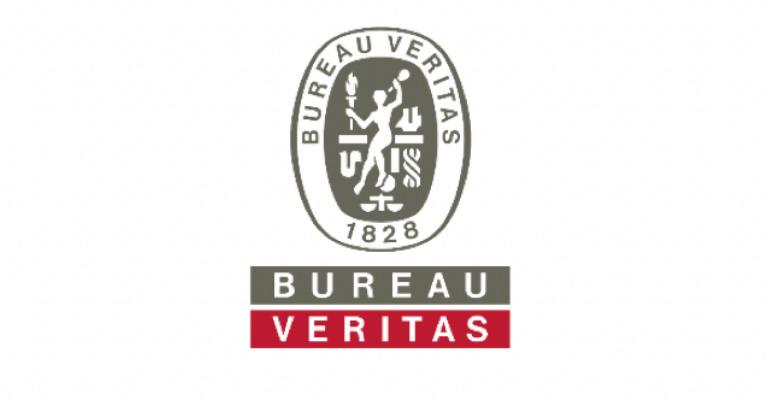Bureau Veritas’ NR 547 class note aims to identify and mitigate risks to persons on board, the environment and the structural integrity of vessels. Shipyards and equipment manufacturers must therefore guarantee that cell systems and ship design limit the risk of explosions, the spread of toxic chemicals and fire outbreaks.
Silversea Cruises is set to introduce a hybrid powered ship including a hydrogen fuel cell in 2023.
Laying the groundwork for sustainable vessels
Over the last few years, fuel cells have proved to have strong potential to help decarbonise the maritime industry, eliminating NOx, SOx and particle emissions while reducing CO2 emissions compared with diesel engines. Stated Laurent Leblanc, senior VP technical & operations, Bureau Veritas Marine & Offshore, ‘Our new rule responds to the latest advances in fuel cell technology and incorporates information from the most recent industry-wide collaborations. For ship owners and operators taking the fuel cell route to sustainability, NR 547 lays the groundwork for operating safe, sustainable, and high-performance vessels.’
An extensive range of risk assessments are required for the fuel cell additional service feature to be granted, which include a Hazard Identification (HAZID) study of fuel cell spaces, a Hazard and Operability analysis (HAZOP) study of the fuel cell power system, and a Failure Mode and Effect Critical Analysis (FMECA) of the fuel cell power installation, if used for essential services.
Future fuels
In addition to covering fuel cells using hydrogen, the new class note is used in conjunction with several other rule notes to address alternative fuels, including ammonia, methane, LPG, methanol and ethanol.
Copyright © 2024. All rights reserved. Seatrade, a trading name of Informa Markets (UK) Limited.
Add Seatrade Cruise News to your Google News feed.  |

